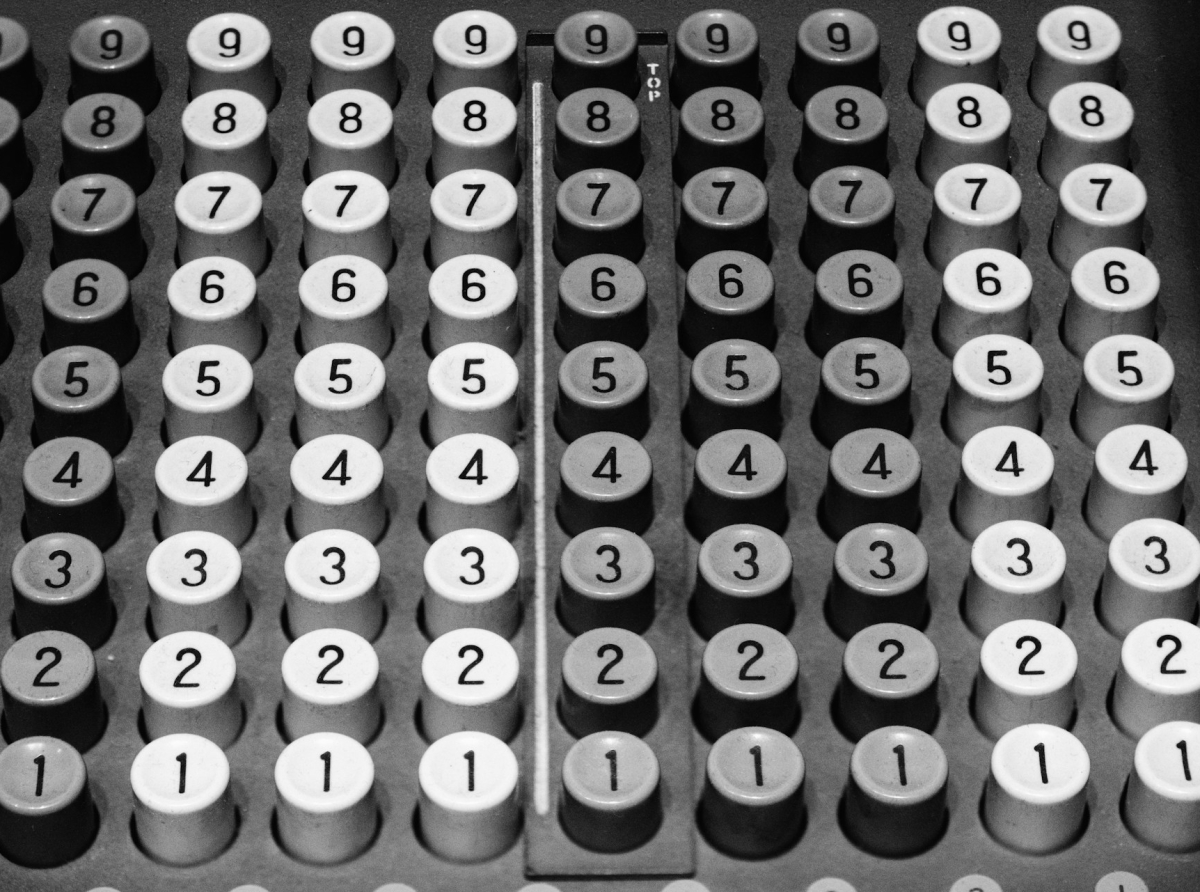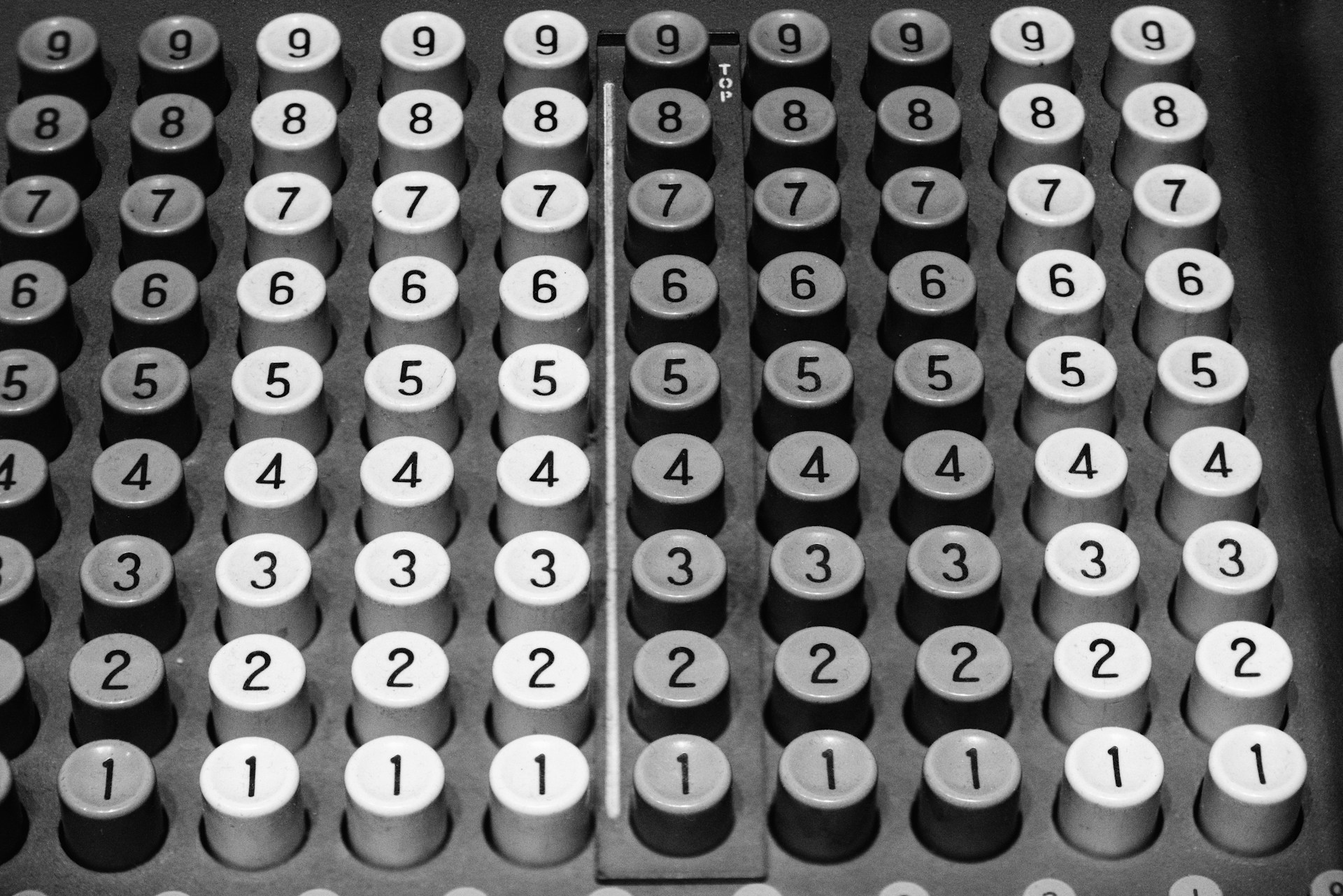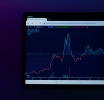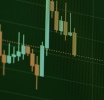How to Select a Trustworthy Binary Options Broker

How to Select a Trustworthy Binary Options Broker
Binary options trading offers an accessible and straightforward way to participate in financial markets, but its success hinges significantly on choosing the right broker. With numerous brokers available online—both legitimate and fraudulent—selecting a reliable one is crucial for ensuring safety, transparency, and profitability.
In this article, we will explore the key factors to consider when choosing a binary options broker, discuss red flags to avoid, and provide practical tips to help you make an informed decision.
In this article, we will explore the key factors to consider when choosing a binary options broker, discuss red flags to avoid, and provide practical tips to help you make an informed decision.

How to Select a Trustworthy Binary Options Broker
Why Choosing the Right Broker Matters
The broker you choose acts as your gateway to the binary options market. A trustworthy broker ensures fair trading conditions, transparent pricing, secure transactions, and access to valuable tools and resources. Conversely, an unreliable or scam broker can lead to financial losses, data breaches, and frustration due to poor customer service or withheld funds.Given the high-risk nature of binary options and the prevalence of unregulated platforms, it’s essential to conduct thorough research before committing to any broker. Here’s how to navigate the selection process effectively.
1. Regulation and Licensing
Why It’s Important
Regulation is the most critical factor when evaluating a binary options broker. Regulated brokers are subject to strict oversight by financial authorities, ensuring compliance with industry standards, segregation of client funds, and fair trading practices.
What to Look For
Reputable Regulatory Bodies: Choose brokers licensed by recognized authorities such as the Financial Conduct Authority (FCA) in the UK, the Cyprus Securities and Exchange Commission (CySEC), or the Australian Securities and Investments Commission (ASIC).
Verification: Verify the broker’s license number on the regulator’s official website to confirm authenticity.
Avoid Unregulated Brokers: Scammers often operate without regulation, putting your money at risk.
2. Reputation and Reviews
Why It’s Important
A broker’s reputation reflects its reliability and trustworthiness. Researching reviews from other traders provides insights into the broker’s strengths and weaknesses.
What to Do
Read Independent Reviews: Look for feedback on trusted review websites, forums like Reddit, or social media platforms.
Check for Consistency: Pay attention to recurring complaints about issues such as withdrawal delays, hidden fees, or poor customer support.
Beware of Fake Reviews: Some brokers may post fake positive reviews to boost their image. Cross-reference multiple sources to validate credibility.
3. Trading Platform Features
Why It’s Important
The quality of the trading platform directly impacts your experience. A user-friendly interface, advanced tools, and reliable performance are essential for executing trades efficiently.
What to Look For
Ease of Use: The platform should be intuitive and easy to navigate, even for beginners.
Technical Analysis Tools: Access to charts, indicators, and real-time data enhances decision-making.
Mobile Compatibility: Ensure the platform has a mobile app for trading on the go.
Speed and Reliability: Test the platform for latency issues, especially during volatile market conditions.
4. Account Types and Minimum Deposits
Why It’s Important
Different brokers offer various account types tailored to traders’ needs. Understanding these options helps you find a broker that aligns with your budget and trading style.
What to Consider
Minimum Deposit Requirements: Some brokers require high initial deposits, which may not suit casual or beginner traders.
Account Tiers: Look for features offered at each tier, such as personalized account managers, educational resources, or higher payouts.
Demo Accounts: Many reputable brokers provide demo accounts for practice. This allows you to test the platform risk-free before depositing real money.
5. Payouts and Fees
Why It’s Important
Payout percentages and fee structures determine your potential profits and overall costs. Hidden fees or low payouts can erode your earnings over time.
What to Check
Payout Percentages: Compare payout rates across brokers. Reliable brokers typically offer payouts between 70% and 90% for winning trades.
Hidden Fees: Be wary of brokers charging excessive fees for withdrawals, inactivity, or account maintenance.
Refund Policies: Some brokers offer partial refunds (e.g., 5-15%) for losing trades. While small, this feature adds value.
6. Customer Support
Why It’s Important
Responsive and knowledgeable customer support is vital for resolving issues quickly and ensuring a smooth trading experience.
What to Evaluate
Availability: Check if support is available 24/7 via multiple channels (live chat, phone, email).
Responsiveness: Test the response time by reaching out with a query before signing up.
Quality of Assistance: Assess whether the support team is helpful and knowledgeable about trading-related questions.
7. Security Measures
Why It’s Important
Protecting your personal and financial information is paramount. A secure broker minimizes the risk of cyberattacks and fraud.
What to Look For
Encryption Protocols: Ensure the broker uses SSL encryption to safeguard data transmission.
Two-Factor Authentication (2FA): Adds an extra layer of security to your account.
Segregated Client Funds: Reputable brokers keep client funds in separate accounts to protect them in case of insolvency.
8. Deposit and Withdrawal Options
Why It’s Important
Convenient and secure payment methods ensure seamless transactions. Delays or complications in withdrawals are common red flags.
What to Check
Payment Methods: Look for brokers supporting popular options like credit/debit cards, e-wallets (PayPal, Skrill), and bank transfers.
Processing Times: Verify how long withdrawals take. Legitimate brokers usually process requests within 1-3 business days.
Withdrawal Restrictions: Avoid brokers imposing unreasonable limits or requiring excessive documentation for withdrawals.
9. Educational Resources and Tools
Why It’s Important
For beginners, having access to educational materials and trading tools can accelerate learning and improve outcomes.
What to Expect
Tutorials and Webinars: Video guides, written articles, and live webinars help traders understand strategies and market dynamics.
Market News and Analysis: Real-time updates and expert commentary keep you informed about global events affecting asset prices.
Risk Management Tools: Features like stop-loss orders or early closure options allow better control over trades.
10. Red Flags to Watch Out For
Even after considering all the above factors, some brokers exhibit warning signs that indicate unreliability. Avoid brokers that:
Promise guaranteed profits or unrealistic returns.
Operate without proper regulation or licensing.
Have overwhelmingly negative reviews or unresolved complaints.
Require excessively large deposits or impose hidden fees.
Delay withdrawals or demand unnecessary verification documents.
Why It’s Important
Regulation is the most critical factor when evaluating a binary options broker. Regulated brokers are subject to strict oversight by financial authorities, ensuring compliance with industry standards, segregation of client funds, and fair trading practices.
What to Look For
Reputable Regulatory Bodies: Choose brokers licensed by recognized authorities such as the Financial Conduct Authority (FCA) in the UK, the Cyprus Securities and Exchange Commission (CySEC), or the Australian Securities and Investments Commission (ASIC).
Verification: Verify the broker’s license number on the regulator’s official website to confirm authenticity.
Avoid Unregulated Brokers: Scammers often operate without regulation, putting your money at risk.
2. Reputation and Reviews
Why It’s Important
A broker’s reputation reflects its reliability and trustworthiness. Researching reviews from other traders provides insights into the broker’s strengths and weaknesses.
What to Do
Read Independent Reviews: Look for feedback on trusted review websites, forums like Reddit, or social media platforms.
Check for Consistency: Pay attention to recurring complaints about issues such as withdrawal delays, hidden fees, or poor customer support.
Beware of Fake Reviews: Some brokers may post fake positive reviews to boost their image. Cross-reference multiple sources to validate credibility.
3. Trading Platform Features
Why It’s Important
The quality of the trading platform directly impacts your experience. A user-friendly interface, advanced tools, and reliable performance are essential for executing trades efficiently.
What to Look For
Ease of Use: The platform should be intuitive and easy to navigate, even for beginners.
Technical Analysis Tools: Access to charts, indicators, and real-time data enhances decision-making.
Mobile Compatibility: Ensure the platform has a mobile app for trading on the go.
Speed and Reliability: Test the platform for latency issues, especially during volatile market conditions.
4. Account Types and Minimum Deposits
Why It’s Important
Different brokers offer various account types tailored to traders’ needs. Understanding these options helps you find a broker that aligns with your budget and trading style.
What to Consider
Minimum Deposit Requirements: Some brokers require high initial deposits, which may not suit casual or beginner traders.
Account Tiers: Look for features offered at each tier, such as personalized account managers, educational resources, or higher payouts.
Demo Accounts: Many reputable brokers provide demo accounts for practice. This allows you to test the platform risk-free before depositing real money.
5. Payouts and Fees
Why It’s Important
Payout percentages and fee structures determine your potential profits and overall costs. Hidden fees or low payouts can erode your earnings over time.
What to Check
Payout Percentages: Compare payout rates across brokers. Reliable brokers typically offer payouts between 70% and 90% for winning trades.
Hidden Fees: Be wary of brokers charging excessive fees for withdrawals, inactivity, or account maintenance.
Refund Policies: Some brokers offer partial refunds (e.g., 5-15%) for losing trades. While small, this feature adds value.
6. Customer Support
Why It’s Important
Responsive and knowledgeable customer support is vital for resolving issues quickly and ensuring a smooth trading experience.
What to Evaluate
Availability: Check if support is available 24/7 via multiple channels (live chat, phone, email).
Responsiveness: Test the response time by reaching out with a query before signing up.
Quality of Assistance: Assess whether the support team is helpful and knowledgeable about trading-related questions.
7. Security Measures
Why It’s Important
Protecting your personal and financial information is paramount. A secure broker minimizes the risk of cyberattacks and fraud.
What to Look For
Encryption Protocols: Ensure the broker uses SSL encryption to safeguard data transmission.
Two-Factor Authentication (2FA): Adds an extra layer of security to your account.
Segregated Client Funds: Reputable brokers keep client funds in separate accounts to protect them in case of insolvency.
8. Deposit and Withdrawal Options
Why It’s Important
Convenient and secure payment methods ensure seamless transactions. Delays or complications in withdrawals are common red flags.
What to Check
Payment Methods: Look for brokers supporting popular options like credit/debit cards, e-wallets (PayPal, Skrill), and bank transfers.
Processing Times: Verify how long withdrawals take. Legitimate brokers usually process requests within 1-3 business days.
Withdrawal Restrictions: Avoid brokers imposing unreasonable limits or requiring excessive documentation for withdrawals.
9. Educational Resources and Tools
Why It’s Important
For beginners, having access to educational materials and trading tools can accelerate learning and improve outcomes.
What to Expect
Tutorials and Webinars: Video guides, written articles, and live webinars help traders understand strategies and market dynamics.
Market News and Analysis: Real-time updates and expert commentary keep you informed about global events affecting asset prices.
Risk Management Tools: Features like stop-loss orders or early closure options allow better control over trades.
10. Red Flags to Watch Out For
Even after considering all the above factors, some brokers exhibit warning signs that indicate unreliability. Avoid brokers that:
Promise guaranteed profits or unrealistic returns.
Operate without proper regulation or licensing.
Have overwhelmingly negative reviews or unresolved complaints.
Require excessively large deposits or impose hidden fees.
Delay withdrawals or demand unnecessary verification documents.
Steps to Choose the Best Binary Options Broker
Research Regulations: Start by identifying regulated brokers with licenses from reputable authorities.Compare Platforms: Test demo accounts to evaluate usability, speed, and available tools.
Assess Costs: Compare payout percentages, fees, and minimum deposit requirements.
Verify Security: Ensure robust encryption and segregated client funds.
Contact Support: Reach out with questions to assess responsiveness and expertise.
Read Reviews: Gather feedback from independent sources to gauge reputation.
Start Small: Begin with a modest investment until you’re confident in the broker’s reliability.
Conclusion: Making the Right Choice
Choosing a reliable binary options broker is a critical step toward successful trading. By prioritizing regulation, reputation, platform quality, and customer support, you can minimize risks and maximize opportunities. Remember, no broker is perfect, but conducting thorough research and staying vigilant will help you identify trustworthy partners.
While binary options trading carries inherent risks, partnering with a dependable broker creates a solid foundation for navigating the complexities of the market. Whether you’re a beginner or an experienced trader, always prioritize safety, transparency, and accountability in your choice of broker.
Choosing a reliable binary options broker is a critical step toward successful trading. By prioritizing regulation, reputation, platform quality, and customer support, you can minimize risks and maximize opportunities. Remember, no broker is perfect, but conducting thorough research and staying vigilant will help you identify trustworthy partners.
While binary options trading carries inherent risks, partnering with a dependable broker creates a solid foundation for navigating the complexities of the market. Whether you’re a beginner or an experienced trader, always prioritize safety, transparency, and accountability in your choice of broker.














Report
My comments